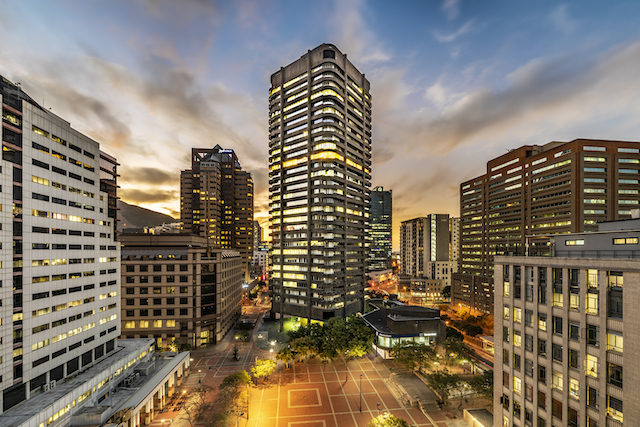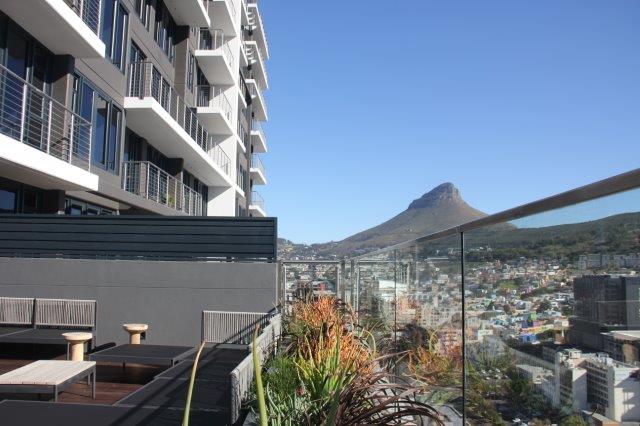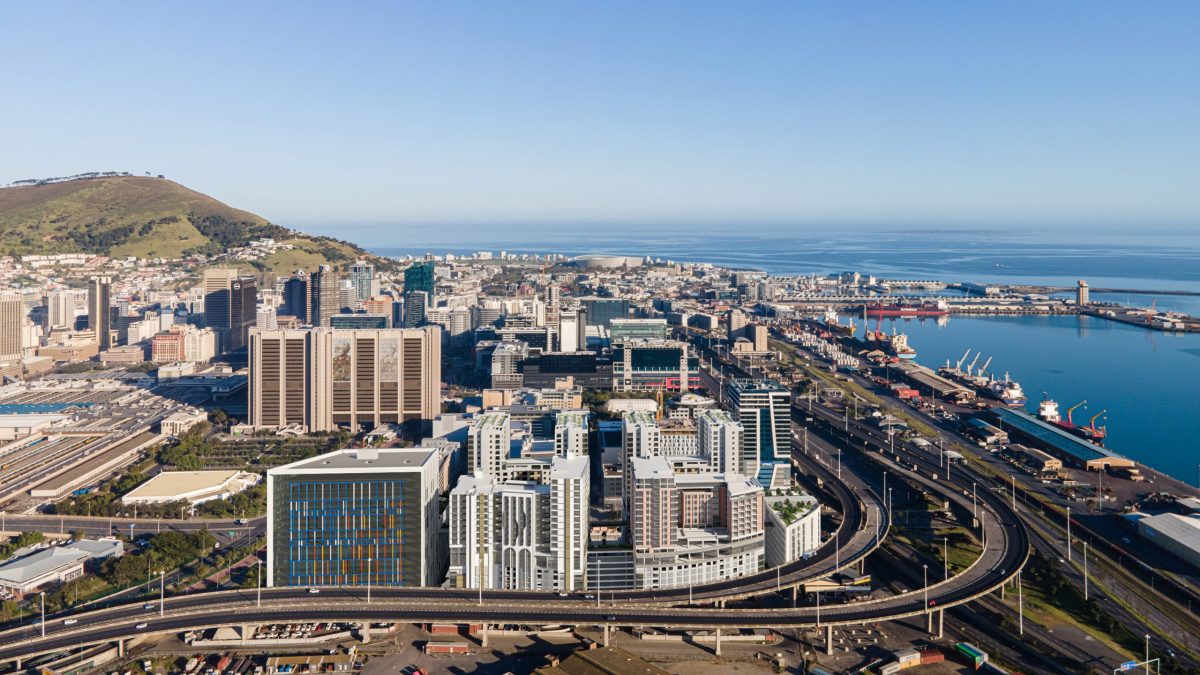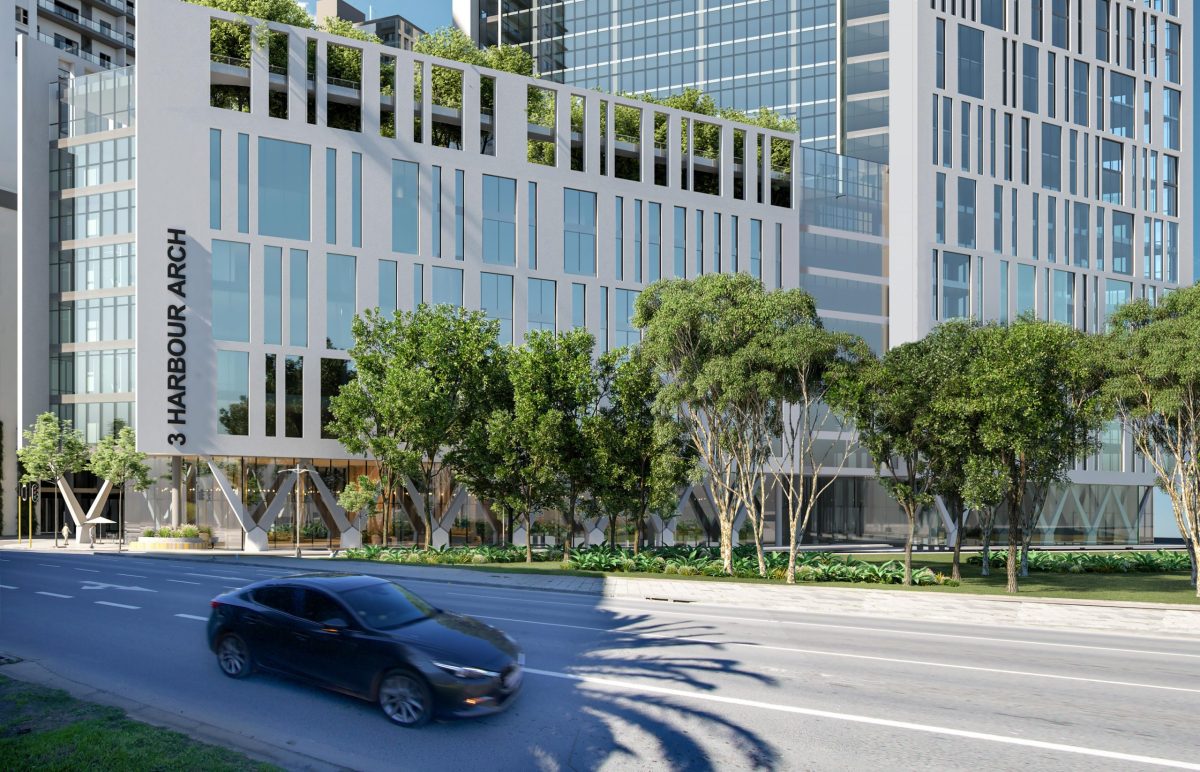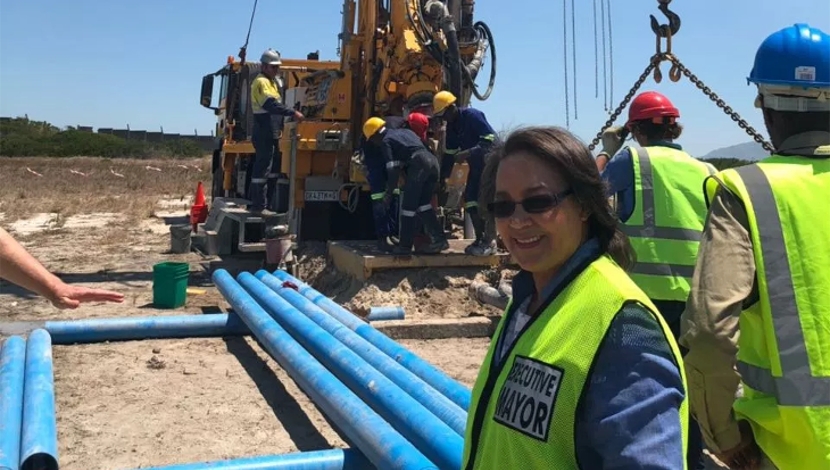

The City of Cape Town drilled its first test borehole into the Cape Flats aquifer on 11 January hoping that the earth’s natural underground reservoirs would provide an extra 80-million litres of water per day as dams dry up in a prolonged drought.
The City has a licence to extract 80-million litres of water from the Cape Flats Aquifer per day, 40-million from the Table Mountain Group Aquifer and 40-million from the Atlantis Aquifer.
The drilling, however, is just the first stage of possibly rescuing the city from “Day Zero” – when it has no more water to pump to its residents, businesses and visitors – it does not mean that the water is available immediately.
Water samples must be tested to determine the treatment and purification it needs ahead of the installation of reticulation pipes that connect the water to the overhaul system.
The team plans to drill at several pre-identified sites to find the highest yielding points as quickly as possible.
The first drill site was based at the waste water treatment plant in Mitchells Plain. The team laid out piles of different coloured wet soil which had been extracted, to demonstrate the depths drilled so far.
In blazing heat, blue PVC pipes were joined to be sunk into the hole to start bringing water to the surface.
Mayor Patricia de Lille believes aquifer extraction will bring bigger volumes of water into the city’s systems at a much reduced cost compared to other methods, such as desalination.
She said that the aquifer water would be replenished by treated waste water as it is removed.
The City will drill in Strandfontein, Philippi, Wesbank, Bishop Lavis and Khayelitsha to look for the best abstraction points.
The City has warned that if it does not get below its current average usage of more than 500-million litres per day, Day Zero will be brought forward. Its current estimated date is April 22, 2018.
Should the city’s taps run dry, residents will be limited to 25 litres of water per day, collected in a queue with a container and monitored by police and possibly the military. The current limit is 87 litres per day.
The average dam level was at 29%, the City announced on 9 January.
More news
- DOK-ING’s innovative electric mining equipment unveiled at ElectraMining
- CONCOR’S MASTERY IN FAST TRACK PROJECT IMPLEMENTATION UNDERSCORED BY SAFETY AWARD
- PROMINENT SEA POINT HOTEL REFURBS WITH REHAU
- CONCRETE ROOF TILES USED FOR WALL CLADDING ON COASTAL HOME
- THE GREENEST RESIDENTIAL DEVELOPMENT IN AFRICA?

